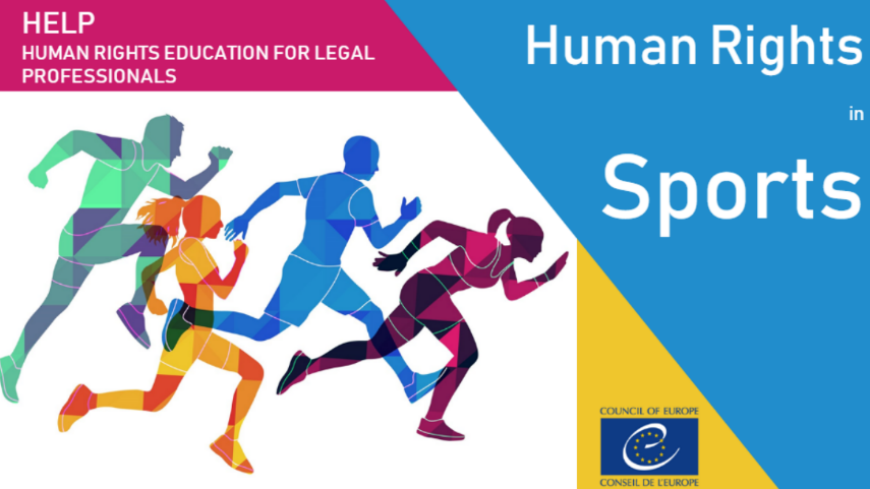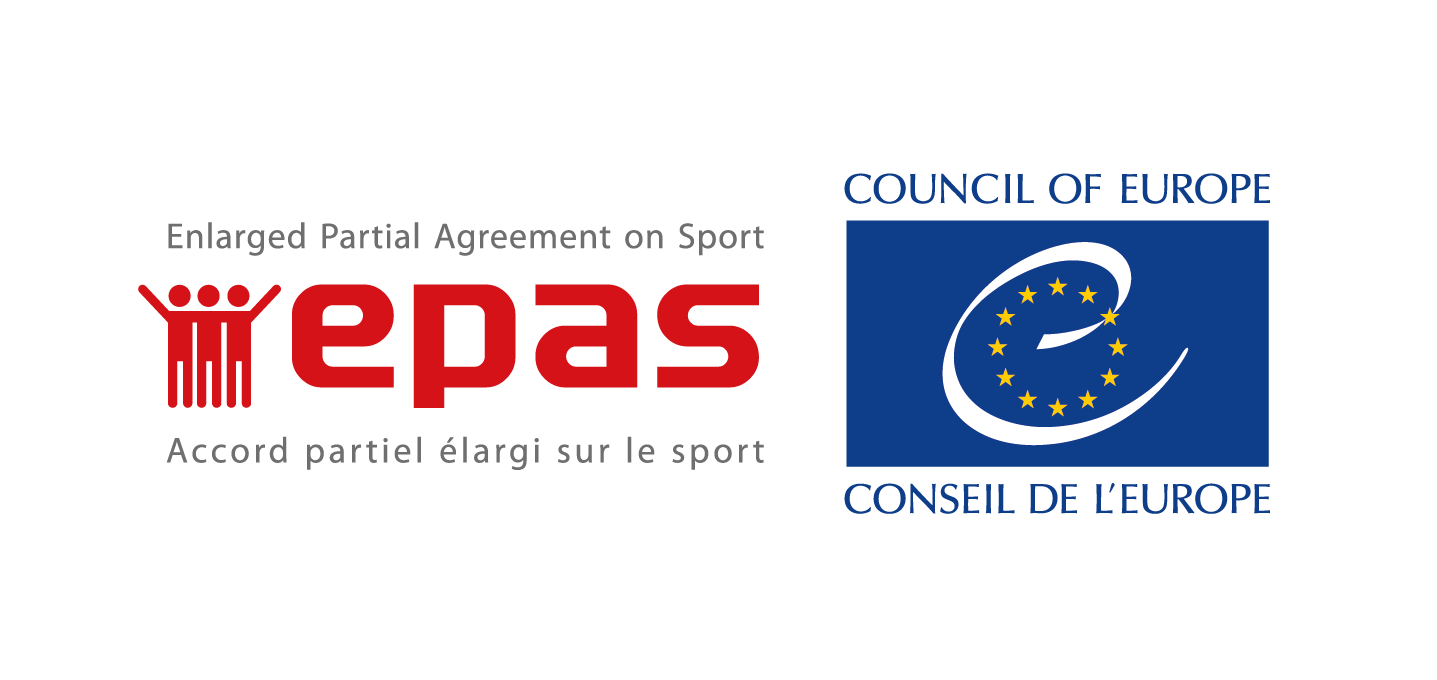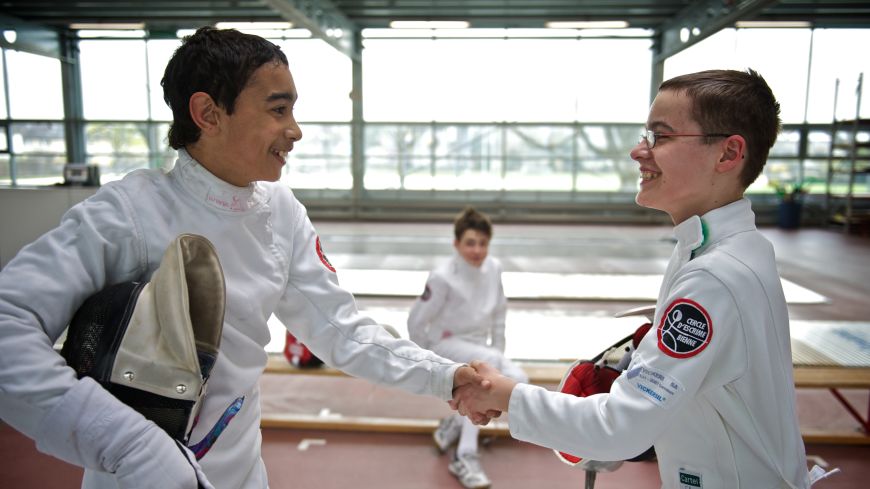The launch of this unique HELP Course on Human Rights in Sport took place in Tbilisi, in the context of the 15th Council of Europe Conference of Ministers responsible for Sport and hosted by the Ministry of Culture and Sport of Georgia, organised by the Enlarged Partial Agreement on Sport (EPAS). Human rights and in the fight against corruption in sport, were at the centre of the debates.
The Conference was opened by Georgian Prime Minister Mamuka Bakhtadze, Minister of Education, Science, Culture and Sport of Georgia, Mikheil Batiashvili and by Deputy Secretary General Gabriella Battaini-Dragoni. The Deputy Secretary General stated in her remarks the aim of the course: to help legal professionals and sports experts to better understand and apply European and international law standards.
The Council of Europe HELP online course is available on the online platform and contains the following modules:
- Introduction
- Sports arbitration and litigation – Fair trial (Article 6 European Convention of Human Rights/ECHR)
- Life and physical integrity (Articles 2, 3 and 4 ECHR)
- Liberty and Security (Article 5 ECHR)
- Privacy, Freedom of expression and assembly (Articles 8, 10 and 11 ECHR)
- Prohibition of discrimination
- Anti-doping and human rights
- Sports manipulation and human rights
- Spectators and safety and human rights
The course has been developed jointly by the Council of Europe Children’s Rights and Sport Values Department and the Council of Europe Human Rights Education for Legal Professionals (HELP) Programme, with the collaboration of MGIMO University.
During the Conference, the Head of the Council of Europe Human Rights Policy and Cooperation Department, Mikhail Lobov, stressed the role of education and training to embed human rights in sports and the fact that the Council of Europe HELP course on “Human Rights in Sports” can be translated into national languages and tailored to the specific needs of any particular country which would so wish.
Closing speeches by Chair of the EPAS Consultative Committee Jens Andersen and the Council of Europe Director of Anti-Discrimination Jeroen Schokkenbroek wrapped up the Conference calling for scaling up efforts to promote human rights and combat corruption and manipulation of sport competitions. Recalling the protection provided by the ECHR and the case law of the European Court of Human Rights, they stressed the role of Council of Europe treaties, the intergovernmental work and the Council of Europe expertise in guiding and supporting member States. The HELP course on “Human Rights in Sports” is a concrete contribution to these efforts.








